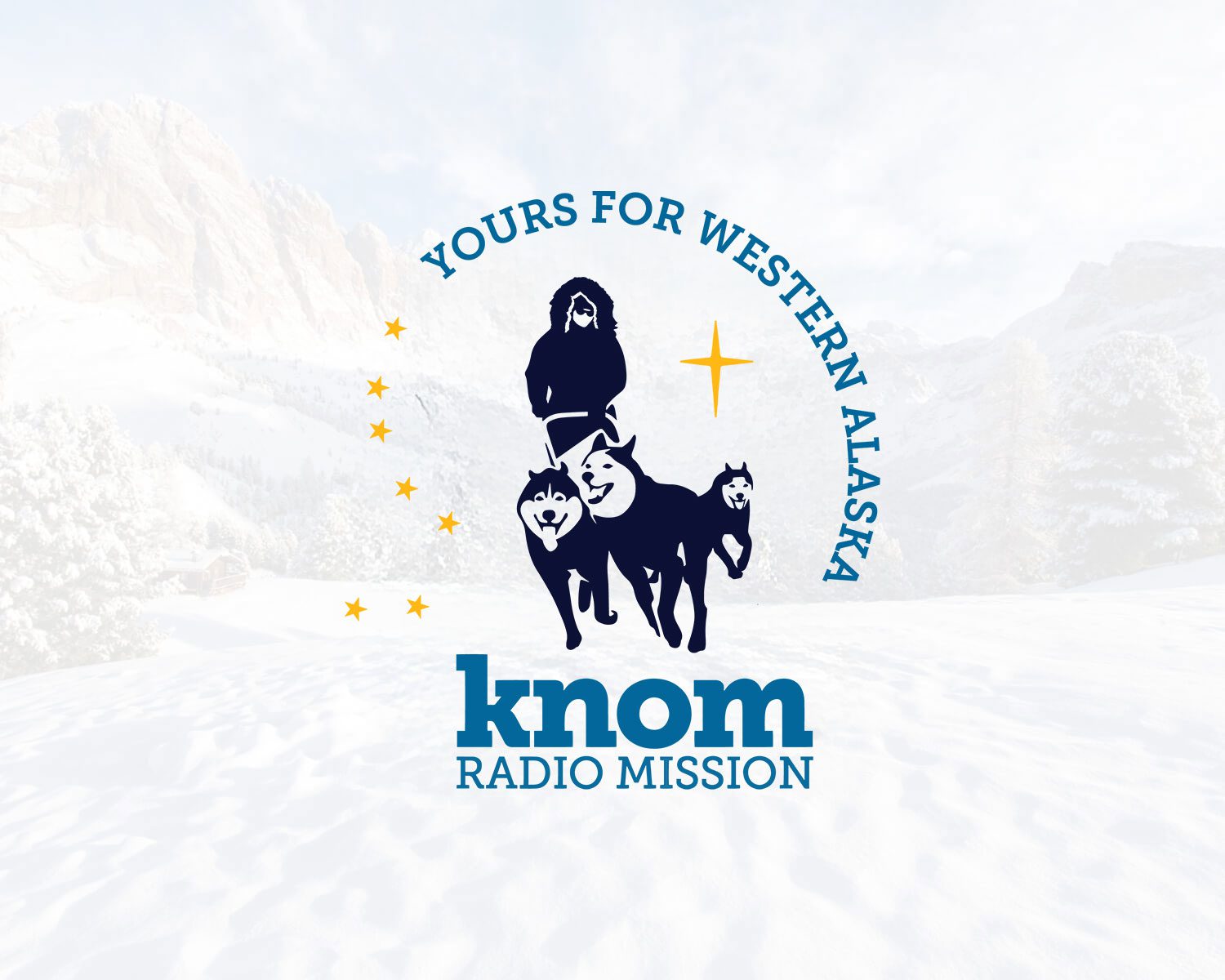It’s “perfect timing,” Martin Buser says, that the longtime musher arrived at Ruby at the time he did.
His dogs were starting to slow down a bit in the Cripple–Ruby run, and after two long stretches of trail – Ophir to Cripple and Cripple to Ruby, each of which took him about 10 hours to complete – Buser said it was a great time for a rest.
At the Ruby checkpoint, where he caught up with KNOM trail reporter Laureli Kinneen, Martin Buser elected to take his Yukon River layover. All mushers must take an 8 hour rest somewhere along the Yukon; in northern-route years (even years, like 2014), that means either Ruby, Galena, Nulato, or Kaltag.
With Laureli, Buser echoed a theme that’s been commonplace in this year’s Iditarod: “the dogs are fine,” he says, but “the driver’s not.”
The rough trail earlier in the race put a strain on Buser – in his own words, it “boogered” him up – as it did to many other mushers. It’s unusual, he says, to “get banged up like this” in an Iditarod. Especially considering a pinky finger that he dislocated a few days before the race – what is now a “movable object,” as Buser says – the musher told Laureli that it “just seems unprecedented how ‘boogered’ up I am.”
In Ruby, however, despite any physical ailments, Martin Buser seemed in generally good spirits. He also took time to thank a friend, Nome resident Pat Hahn, for his work each year on making the special calligraphy name labels that adorn each of his dog’s collars.

Hear Martin Buser in Ruby:
At the time of writing, Martin Buser is one of only two mushers – Robert Sorlie is the other – to have completed both his Yukon River layover and his 24-hour layover. Currently in 2nd position, Buser departed Ruby at 2:44am with 14 dogs, down one dog from the 15 he brought into the checkpoint.






